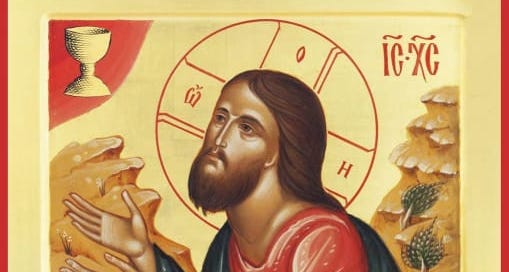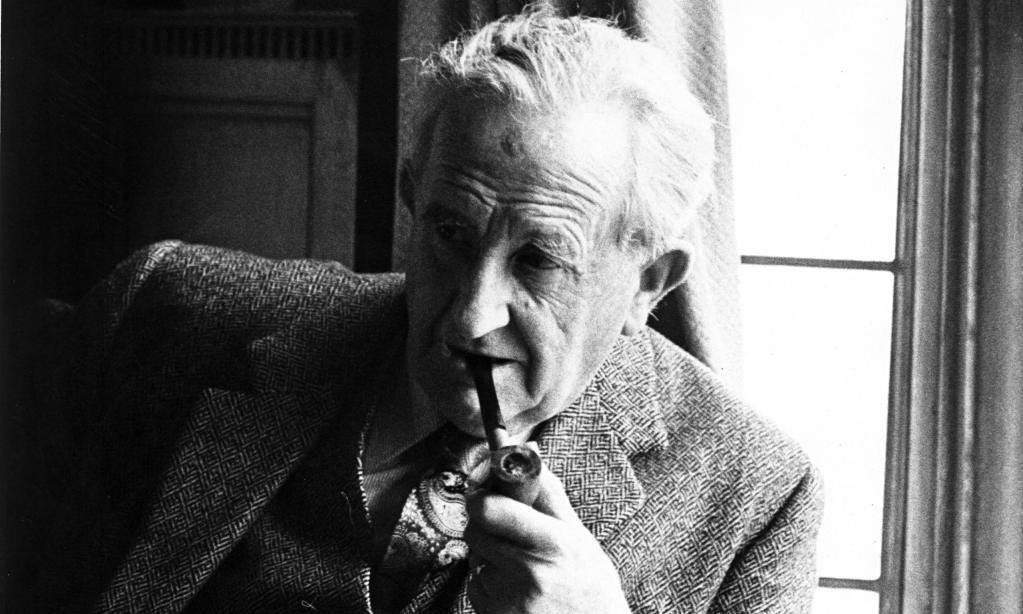41 He withdrew about a stone’s throw beyond them, knelt down and prayed, 42 “Father, if you are willing, take this cup from me; yet not my will, but yours be done.” Luke 22:41-42
27 And he took a cup, and when he had given thanks he gave it to them, saying, “Drink of it, all of you, 28 for this is my blood of the covenant, which is poured out for many for the forgiveness of sins. 29 I tell you I will not drink again of this fruit of the vine until that day when I drink it new with you in my Father's kingdom.” Matthew 26:27-29
I’ve been thinking about The Last Supper, the first communion. Jesus takes the cup, gives it to His disciples and says “Drink of it, all of you.” I’ve always thought of communion and the “cup” as simply remembering Christ’s sacrifice and blood, the payment for sin. Of course, this is an essential part of communion, no doubt.
But the “cup” throughout the Bible is a symbol of wrath and suffering.
I’m realizing Christ’s invitation to communion then, is also an invitation to suffer with Him.
This is a deeper call to intimacy, because sharing that part of life with Him -suffering for Him and His Kingdom’s sake- leads to a bond that can happen in no other way (as much as we might wish there was another way).
This is why, when Christ cries out in the garden of Gethsemane, His Father heard Him, but there was no response. Hebrews 5 tells us,
7 In the days of his flesh, Jesus offered up prayers and supplications, with loud cries and tears, to him who was able to save him from death, and he was heard because of his reverence. 8 Although he was a son, he learned obedience through what he suffered. Hebrews 5:7-8
Like soldiers in a foxhole, or parents with chronically ill children, suffering presents an opportunity to grow together through the pain, and that process can create a bond and a deep sense of solidarity that no other experience can create.1
And if this is true between us as humans, how much more so between us and God?
Like the Father with His Son, Christ has allowed you to remain in whatever situation you are in (…this cup), in order that you may “learn obedience through what you suffer.” That you may be sanctified and close with Him.
It is easy for us to see pain as punishment alone, and to medicate or escape it by any means necessary. But communion represents an invitation to accept the pain, to suffer with Christ, and in so doing experience a closeness with Him in that is unlike any other closeness.
Tolkien, in a letter, once wrote,
“A divine ‘punishment’ is also a divine ‘gift,’ if accepted, since its object is ultimate blessing, and the supreme inventiveness of the Creator will make ‘punishments’ (that is, changes of design) produce a good not otherwise to be attained. (The Letters of J.R.R. Tolkien, 286)”
Pray with me.
Lord, open my eyes. Help me see correctly. When I am tempted to see pain as punishment alone, help me see Your invitation to suffer with You. When I am tempted to escape or erase pain, help me accept Your divine gift to me. So that the suffering and obedience may “produce a good not otherwise attained.” Please, open my eyes, don’t let me miss this. Bless You and thank You, Jesus. Be glorified forever, amen.
Thank you so much for reading. If you read this and have a thought, please leave a comment here or email me (below). I would love to hear your thoughts.
jeffreycharlescaldwell@gmail.com
Of course, because of sin, it can also lead people to grow apart from one another, and from God. It seems like almost every time I listen to someone describe why they have lost their faith, this is a part of their walking away. A misunderstanding of the nature of pain and suffering. Or, crying out to God, stuck in pain or sin, and not getting a response.






Thank you Jeff, I appreciate this
Thanks Jeff. I enjoy your post. This was nice because it caused me to reflect on my life facing my 70th Christmas. It has been so blessed to walk through the valley with HIM.